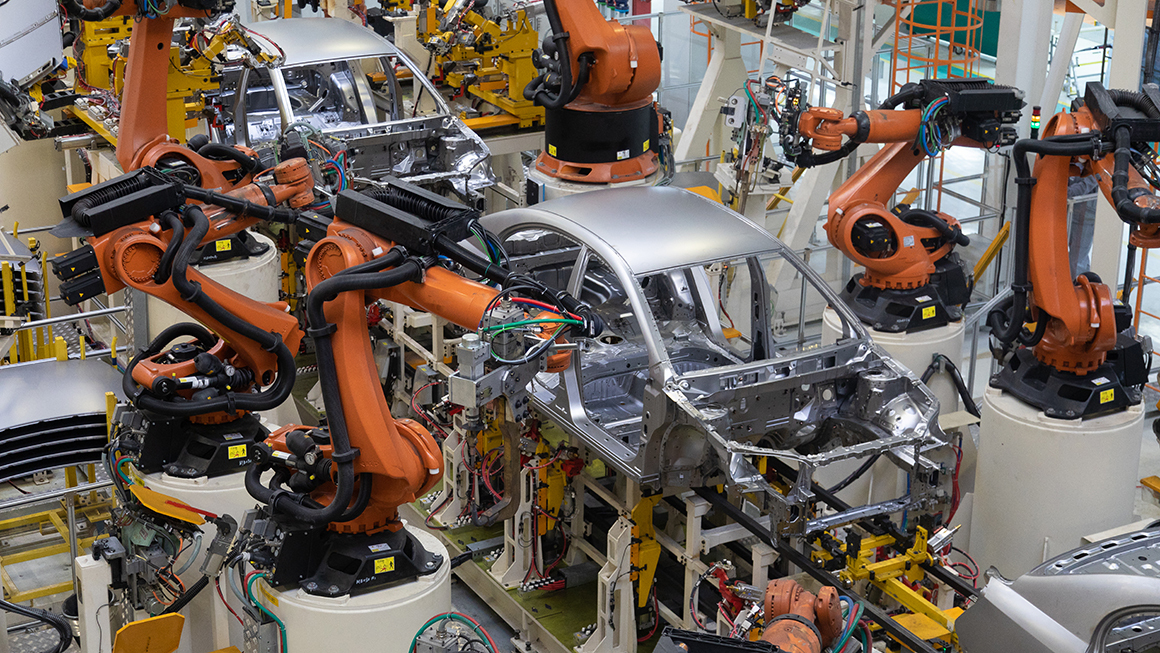
In response to potential new tariffs from the Trump administration, Japanese car manufacturers Honda and Toyota, which sold more than 3 million cars in the US last year, are considering shutting down production at some or all of their US plants. Though these could be empty threats intended to stall or cancel the tariffs, it’s worth considering how those shutdowns might affect employment in the communities where the plants are located.
Using publicly available data from the Honda and Toyota websites, I find that plant shutdowns could have dire consequences for local labor markets, leading to significant increases in unemployment.
Together, Honda and Toyota have 18 US auto plants and employ more than 55,000 workers across 13 states. Honda has 8 plants and employs about 21,000 workers, and Toyota has 10 plants that employ roughly 30,000 workers. Toyota also has a new plant set to open this year in Randolph County, North Carolina, which will employ roughly 5,100 workers. For this exercise, Toyota corporate headquarters in Plano, Texas, and plants that manufacture other products, like aircraft engines, are not included.
Most of these plants are in relatively small counties with relatively low median household incomes. Only two of the counties—Los Angeles County, California, and Bexar County, Texas, (home to San Antonio)—have labor forces that exceed 1 million people. In 12 of the 17 counties, the median household income sits below the national median.
For the most part, these plants are important pieces of the local job market. The Toyota plant in Georgetown, Kentucky, employs 9,950 workers, 32.8 percent of the roughly 30,000 people in Scott County’s labor force. Roughly 2,700 people work at the Honda auto plant in Greensburg, Indiana, which constitutes 18.5 percent of the county’s total labor force. And in Decatur County, Indiana, more than 7,500 people work at the Toyota motor manufacturing plant, which is nearly 40 percent of the total labor force.
If Honda and Toyota were to shut down production, even briefly, those plants would send unemployment rates skyrocketing—in some areas by more than 30 percentage points. The newly unemployed workers could stretch state and federal safety net programs through claims on unemployment insurance benefits, Social Security Disability Insurance benefits, or other kinds of support.
Shutdowns would also cause indirect effects: individual and corporate income tax revenue would decline; companies that produce tires, glass for windshields, and steel for car frames would all be affected; and unemployed auto plant workers would have less money to spend in restaurants, movie theaters, and retail stores. Using estimates from the Economic Policy Institute of employment multipliers—the number of other jobs that would be affected by an auto plant closure—we can see that plant shutdowns could cause an additional 410,000 jobs to be lost.
It remains to be seen whether and how the administration will place tariffs on different goods or countries. It’s unlikely companies would permanently close plants (especially given the large start-up costs to build them), yet even short-term shutdowns can have real effects on people and communities, as well as the businesses and services that rely on these workers.
Let’s build a future where everyone, everywhere has the opportunity and power to thrive
Urban is more determined than ever to partner with changemakers to unlock opportunities that give people across the country a fair shot at reaching their fullest potential. Invest in Urban to power this type of work.